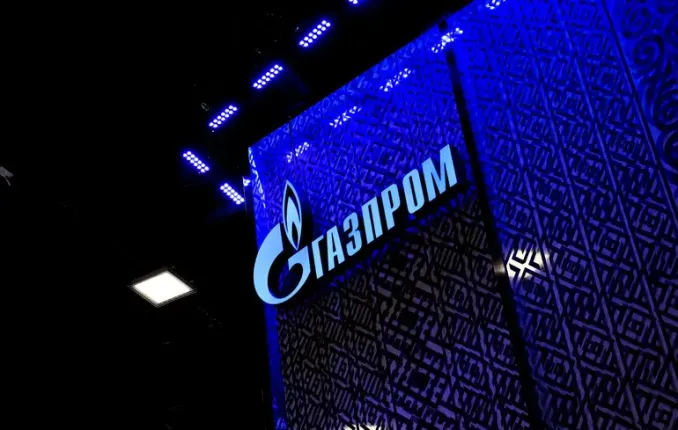Deep Gas Masking Strategy: Russia’s Efforts to Reenter the EU Market and the Complex Play of Political and Economic Interests

Amid severe energy crises caused by sanctions and disruptions in Russian supplies, European Union countries face new challenges in ensuring energy security. Russia, despite its financial difficulties and international pressures, actively seeks ways to re-establish itself in the European gas market through strategic manipulations and complex schemes. Central to this effort is what is being termed as 'gas masking,' a tactic involving compensation deliveries and covert agreements aimed at bypassing sanctions and political obstacles. European energy firms, victorious in lawsuits against Gazprom totaling approximately €18 billion, are eager to recover the amounts owed. The German company Uniper alone is set to receive €13 billion following a Stockholm arbitration ruling. Meanwhile, Gazprom actively resists direct payments, delaying and obstructing arbitration outcomes, but ultimately will have to face financial obligations. Given Russia’s precarious financial state and unsuccessful attempts to replace the EU market with Asian routes, Moscow employs aggressive strategies to regain influence. These include leveraging Azerbaijan, Iran, and other routes, yet their effectiveness remains limited and mostly serve as PR campaigns. To this end, Russia is resorting to deception and 'masking' techniques, such as the planned use of Azerbaijani transit disguised as genuine Azerbaijan-Russia supplies, which failed due to multiple reasons. Intending to restore control over the European market, Gazprom proposes a novel concept: natural gas payments through compensation supplies—'in-kind' payments of gas equivalent to the amounts owed. According to the plan, this could involve roughly 70 bcm at an estimated price of €271 per 1000 m³, aligning with Russia’s projected export prices in 2025. Officially, such a scheme could reduce financial pressure on Gazprom while enabling its partial re-entry into the EU market via deceptive arrangements. European countries and affected companies question the legitimacy of this scheme, insisting on compliance with original contractual obligations and opposing politically motivated circumventions. Infrastructure constraints remain significant—most pipelines, including Nord Stream 2 for now, are non-operational due to political disputes. Poland, fully committed to excluding Russian gas, is especially resistant, even pursuing claims for €1.55 billion from Gazprom over breach of the Yamal-Europe pipeline contract. Moscow’s optimistic scenario involves creating illusions of cooperation, using tools like looming lawsuits and political pressure on Ukraine to maintain transit flows and collect fees. As Brussels continues to implement bans on Russian gas, Russia seeks alternative routes and methods to sustain influence, often using indirect and covert mechanisms. The ongoing conflict in Ukraine remains the ultimate political decider. Overall, Russia’s energy strategy reveals its inability to quickly adapt and change tactics, instead relying on sophisticated schemes aimed at maintaining leverage and financial interests amidst sanctions and global isolation. Ukraine and the EU must remain vigilant, resisting energy instruments being exploited for political and military objectives, and defending their sovereignty against hybrid threats and economic pressure.

